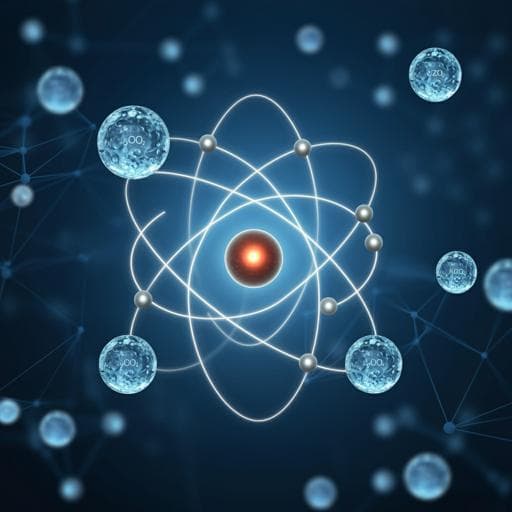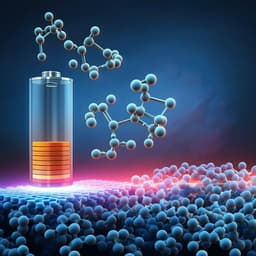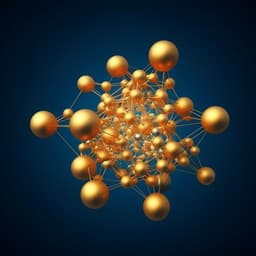
Chemistry
Electrochemical ammonia synthesis via nitrate reduction on Fe single atom catalyst
Z. Wu, M. Karamad, et al.
This groundbreaking research conducted by Zhen-Yu Wu and colleagues demonstrates a green approach for converting hazardous nitrate into valuable ammonia using an innovative Fe single atom catalyst. With an impressive ammonia Faradaic efficiency of ~75% and a yield rate of up to ~20,000 µg h⁻¹ mgcat⁻¹, this method stands as a promising alternative to traditional ammonia synthesis processes.
Related Publications
Explore these studies to deepen your understanding of the subject.







